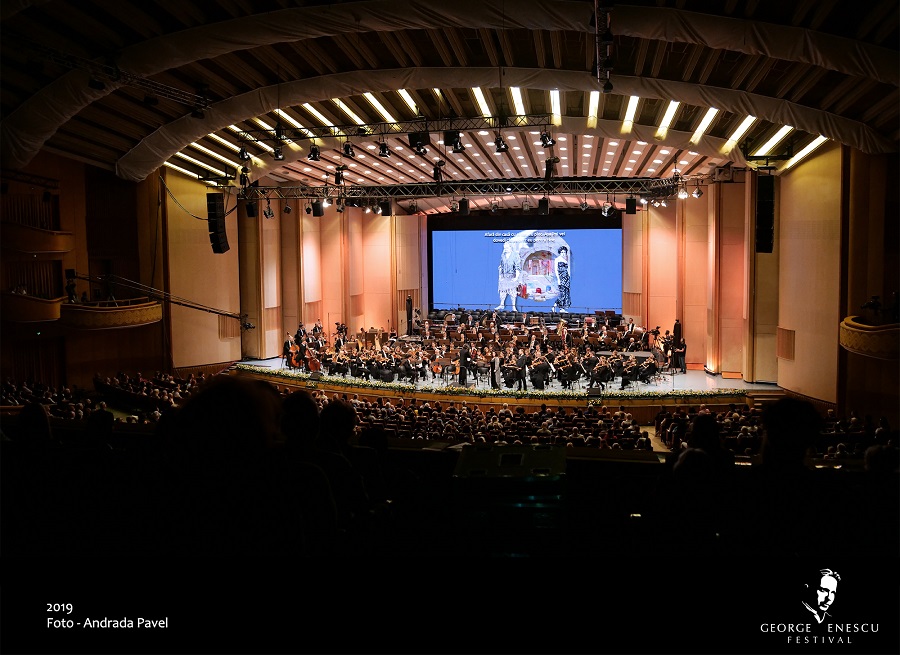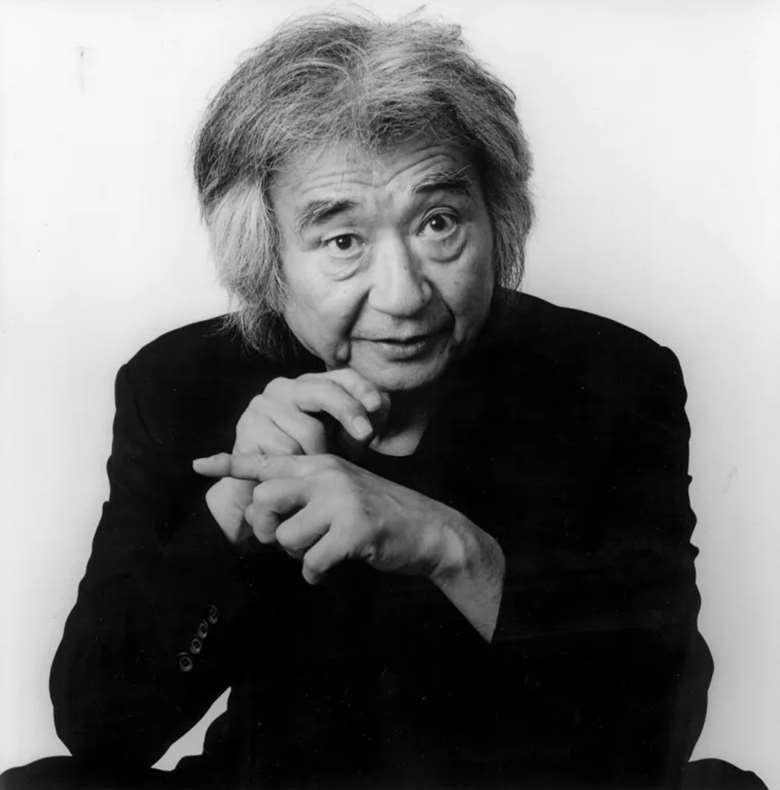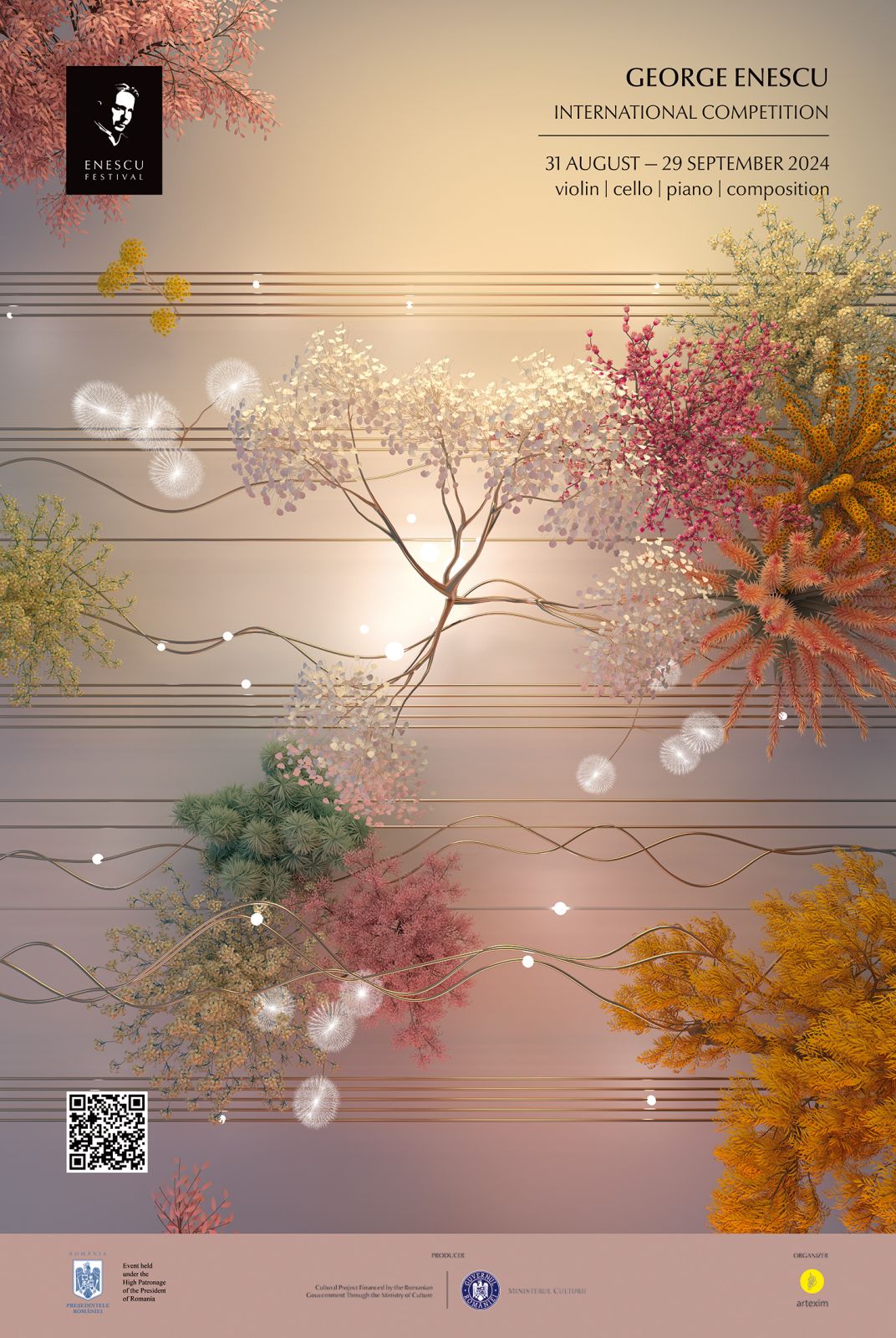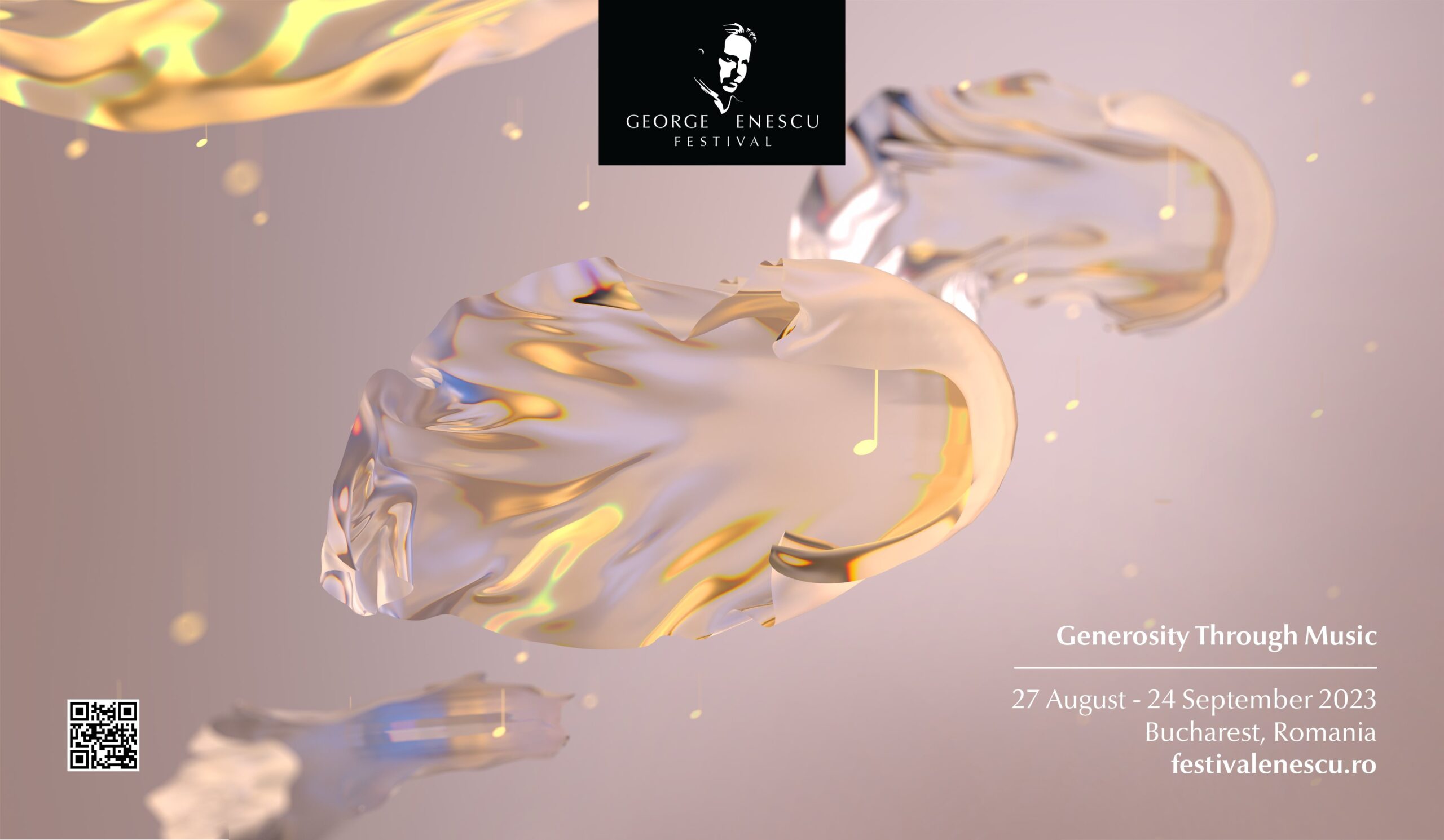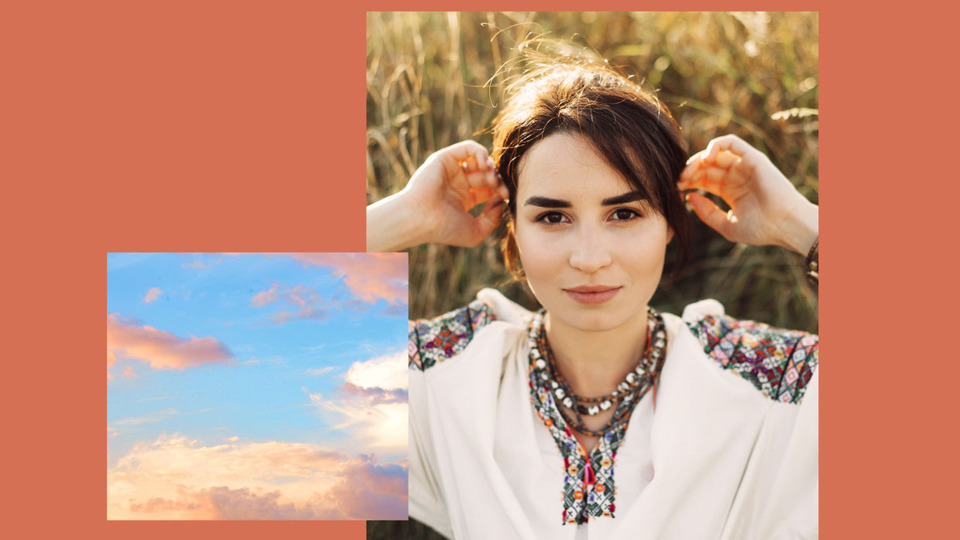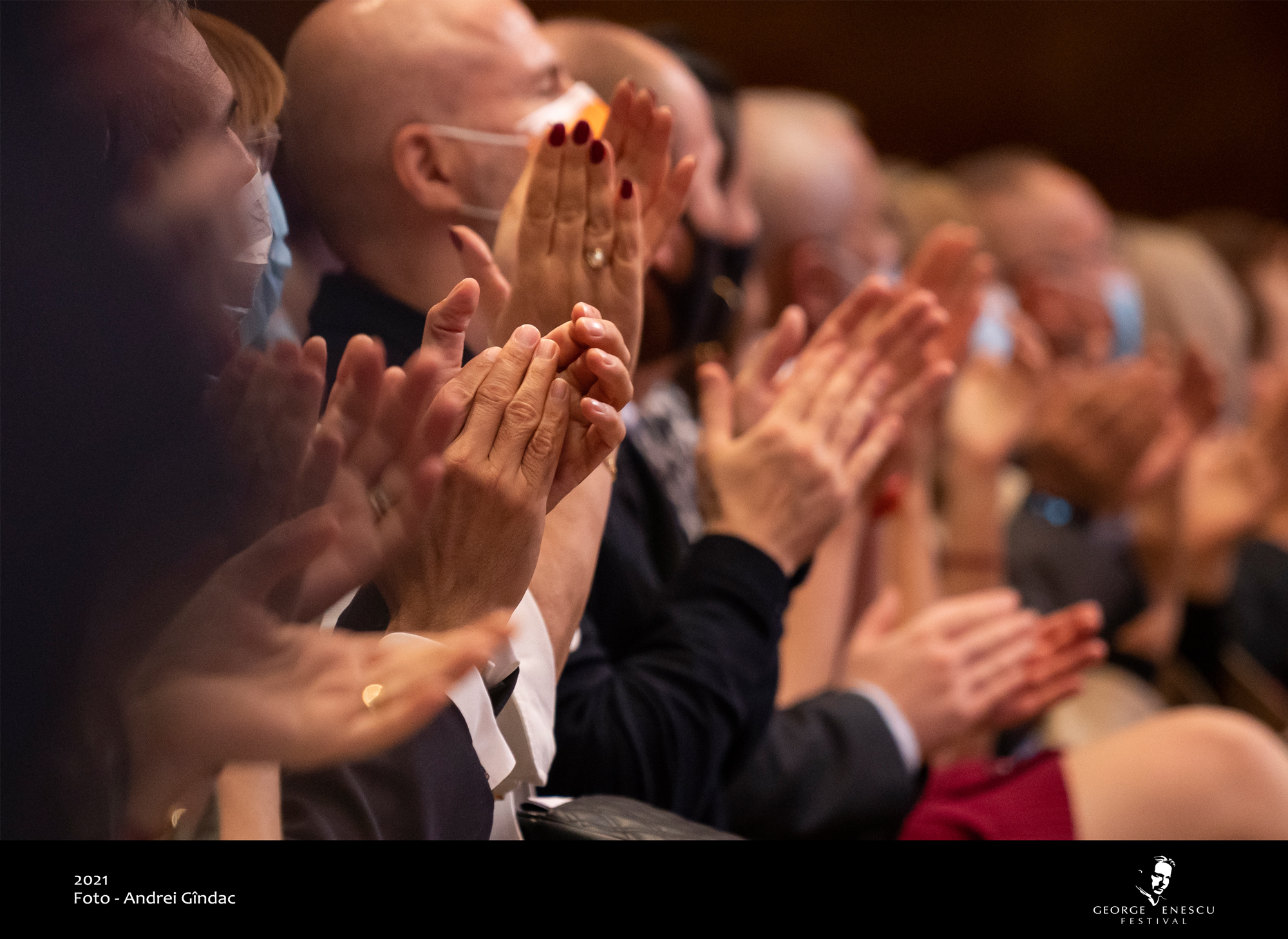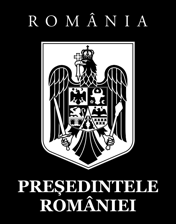Between June 16 and 19, the Enescu Festival Online presents the Romanian première of a masterpiece – the opera Die Frau ohne Schatten (The Woman Without a Shadow) by Richard Strauss. The performance took place during the 2019 George Enescu International Festival, contributing to its nomination at the 2020 International Opera Awards, in the top 5 genre events that promote opera music worldwide.
A Straussian work of great artistic scope, difficult and rarely seen even on the great lyrical stages of the world, Die Frau ohne Schatten was presented on the Palace Hall stage in Bucharest in a concert performance of an impeccable solo and orchestral ensemble, under the baton of the artistic director of the Festival, conductor Vladimir Jurowski.
The Rundfunk-Sinfonieorchester Berlin (Berlin Radio Symphony Orchestra) overwhelmed the audience with a stirring rendition of Richard Strauss‘s score, impressive by its complexity of volumes and colors, as well as by its density and formidable, unflinching sound. We admired an attentive, authoritarian, all-encompassing, incisive yet balanced Jurowski, a wizard of sounds at his dramatic best. He mastered the weighty, detailed, and very sophisticated score and kept the audience breathless throughout a three-and-a-half-hour musical marathon. The frantic applause at the end, minutes in a row, and countless calls to the ramp rewarded a magnificent performance, a clearly ‘shadowless’ triumph.
Broad in meaning and rich in symbols, with massive orchestration and extremely difficult solo lines, Die Frau ohne Schatten is a true musical and artistic tour de force. Written by Strauss for 164 instruments, the piece includes two choirs and 20 characters, soloists with challenging and intense parts. Another particularity of the work is the use of rare instruments, such as the glass harmonica, the organ, the wind and thunder machine, used to render the many nuances of the story and to metaphorically represent the worlds of spirits and people, intertwined in their pursuit of love and fulfillment. In its Romanian premiere approach at the Festival, the work was completed by video projections signed by the director and visual artist Carmen Lidia Vidu, which aimed to offer new possibilities for perceiving and understanding the score.
Already at her second collaboration with the George Enescu International Festival, the theatre and film director Carmen Lidia Vidu has established herself as a relevant multimedia theatre director in Romania. Open to experiments, she integrates into her scenic approaches installations, video projections, live music or dance, forms of expression meant to enrich the audience’s experience.
The impressive performance of the Berlin Radio Symphony Orchestra at the Romanian premiere of Die Frau ohne Schatten was boosted by the equally spectacular Rundfunkchor Berlin, a genuine collective star, ranked in the top five best ensembles in the world at the moment. The Rundfunkchor Berlin has around 60 concerts per season and holds three Grammy Awards. The exceptional variety of its repertoire, as well as the joy of experimentation, recommend the choir as a partner for international orchestras, conducted by reputed musical personalities such as Sir Simon Rattle, Kirill Petrenko, Christian Thielemann, Yannick Nézet-Séguin or Vladimir Jurowski. The choir is the permanent partner of the Berliner Philharmoniker, as well as the Deutsches Symphonie-Orchester and the Rundfunk-Sinfonieorchester Berlin.
In the Romanian premiere performance of Strauss’ Die Frau ohne Schatten, the Rundfunkchor Berlin was conducted by Benjamin Goodson. The cast also included the Romanian Radio Children’s Choir, conducted by Răzvan Rădos.
One of today’s most sought-after conductors, acclaimed worldwide for his incisive musicianship and adventurous artistic commitment, Vladimir Jurowski was born in Moscow in 1972 and completed the first part of his musical studies at the Music College of the Moscow Conservatory. In 1990 he relocated with his family to Germany, continuing his studies at the Musikhochschule of Dresden and Berlin, studying conducting with Rolf Reuter and vocal coaching with Semion Skigin. In 1995 he made his international debut at the Wexford Festival conducting Rimsky-Korsakov’s May Night, and the same year saw his debut at the Royal Opera House Covent Garden with Nabucco.
Jurowski will take up the position of General Music Director of the Bayerische Staatsoper Munich from the 2021/22 season. He is currently Chief Conductor and Artistic Director of the Rundfunk-Sinfonieorchester Berlin and, in 2017, celebrated ten years as Principal Conductor of the London Philharmonic, having been appointed in 2007 following four years as the orchestra’s Principal Guest Conductor. He also holds the titles of Principal Artist of the Orchestra of the Age of Enlightenment, Artistic Director of the Russian State Academic Symphony Orchestra, and Artistic Director of the George Enescu International Festival, Bucharest. He has previously held the positions of First Kapellmeister of the Komische Oper Berlin (1997-2000), Principal Guest Conductor of the Teatro Comunale di Bologna (2000-2003), Principal Guest Conductor of the Russian National Orchestra (2005-2009) and Music Director of Glyndebourne Opera Festival (2001-2013).
Vladimir Jurowski enjoys close relationships with the world’s most distinguished artistic institutions, collaborating with many of the world’s leading orchestras including the Chamber Orchestra of Europe, the Royal Concertgebouw Orchestra, the Staatskapelle Dresden, the Gewandhausorchester Leipzig, the Cleveland and Philadelphia Orchestras, New York Philharmonic, Chicago and Boston Symphonies, and has also conducted the Berlin and Vienna Philharmonic Orchestras. He is a regular guest at the BBC Proms, Musikfest Berlin, and the Dresden, Lucerne, Schleswig Holstein, Grafenegg, and Rostropovich Festivals.
